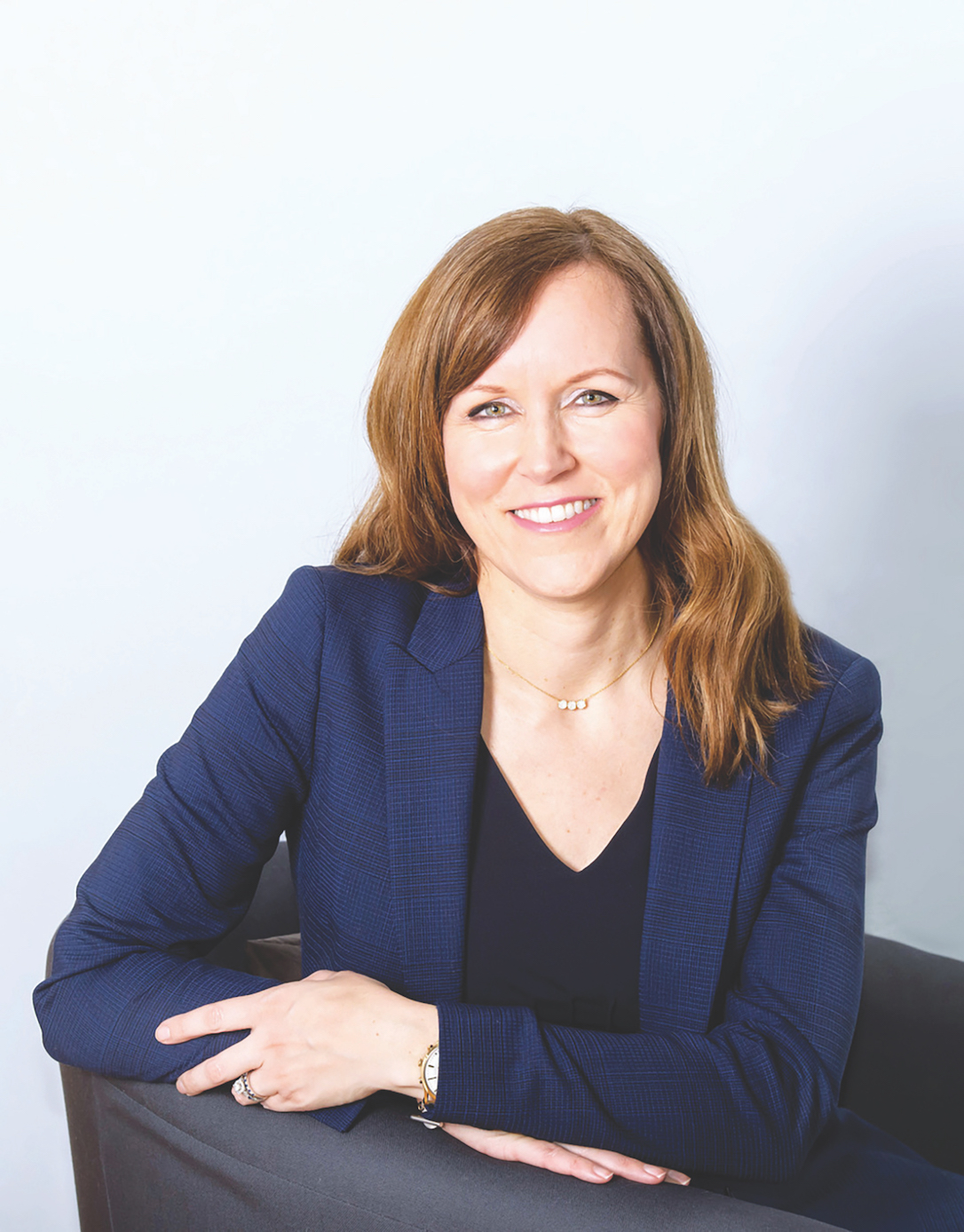
Grace Lawless felt her daughter had been so badly let down by the education system, she took matters into her own hands and decided to set up a school for dyslexic children. Grace explains why she believed this was the only option to give her daughter a fair chance…
Many people with dyslexia have gone on to be high-achievers. Famous dyslexics include Albert Einstein, Richard Branson, Henry Ford, Thomas Edison and Jamie Oliver. Penny Lancaster has just been diagnosed at the age of 46. Many adults don’t find out they’re dyslexic until their child is diagnosed, and they then recognise the symptoms in themselves.
Dyslexia is not a new condition, the first reported case was in 1896, by Doctor William Morgan who was living in Seaford, Sussex at the time. He published his findings in the British Medical Journal on 7th November 1896 under the title “Congenital Word Blindness”. And even earlier than that in the 1870’s, German doctors were studying people with reading difficulties.
Research continued in the 1920’s that proved that Dyslexia wasn’t an eye problem, rather it was to do with specific skills used for reading in the brain. Despite Dyslexia being called a learning difficulty, there is no impact on intelligence.
For all the research on dyslexia, the needs of children with the condition are still not being met.
I know this through the experience of my own 11 year old daughter. I’m a mum and a business owner who hasn’t been able to find a suitable school for my severely dyslexic daughter. She’s now five years behind her peers and I can’t watch her be failed any longer. So I’m taking matters into my own hands and embarking on an exciting mission to create a fantastic school that will use a specialist teaching approach to give her and other dyslexic children like her the same chances as their non-dyslexic friends.
The Sussex Dyslexia College will be changing the future prospects of dyslexic children. Removing their barriers to learning using technology and personalised specialist teaching. Making the most of the way dyslexic minds process information. Encouraging the divergent, lateral big picture thinking that has created some of the world’s greatest inventions, brands and art. And giving them the problem solving, creativity and innovation skills that will help them thrive in the ever changing business world.
Schools around the world are using these specialist teaching approaches and the children they teach are achieving fantastic results. Sadly for my daughter, these teaching approaches are not available in mainstream schools, as most teachers are not trained in dyslexia. The Government says 1 in 10 people are dyslexic, so of the 30,000 school children in Brighton and Hove, that means there are 3,000 dyslexic school children. Their medium term prospects include being six to ten times more likely to be excluded from secondary school. Without qualifications, it is of course much harder to find a job and has a long term impact on the economy. Imagine the improvement in GDP if 10% of the population were more highly skilled!
Teaching approaches were designed way back in the 1930’s to match the way dyslexic people learn. These mean each child is assessed and a personalised approach is used. Removing the barriers that make reading so difficult, and enabling them to get on with learning.
The highly experienced specialist dyslexia teachers at Sussex Dyslexia College will work with each individual child to identify their interests, build their self-esteem, and encourage them to be curious about the world. Dyslexia will not be seen as a disadvantage, instead it will be valued!
We’re opening in September with one class of year seven children aged 11, and plan to grow the College to eventually support children from age seven through to 16. We’re setting up a charity and going through the registration process with the Department for Education and Ofsted. And we have a strong team of Governors including retired Head Teachers and extensive Ofsted experience.
We’ve got a lot to do before September, we need to get our venue decorated and stock it with specialist furniture, computers and learning resources. We need donations of learning resources, computers and furniture. If you would like to help change children’s futures, please get in touch at Grace@SussexDyslexiaCollege.co.uk
You can follow our journey by signing up for our newsletter at www.SussexDyslexiaCollege.co.uk/newsletter





